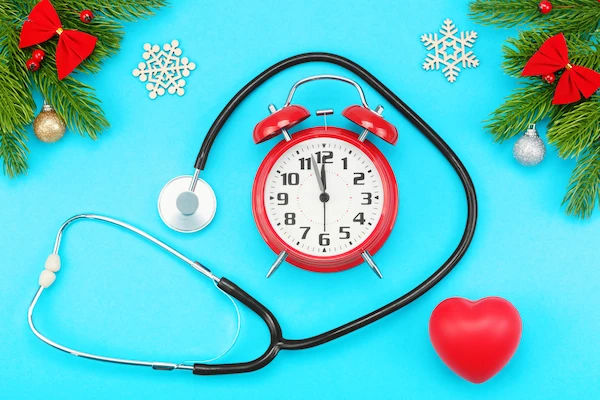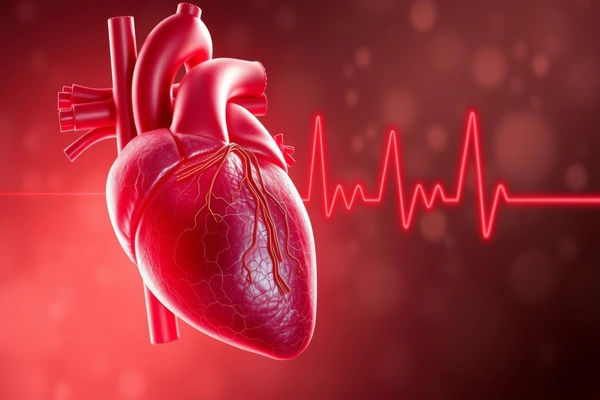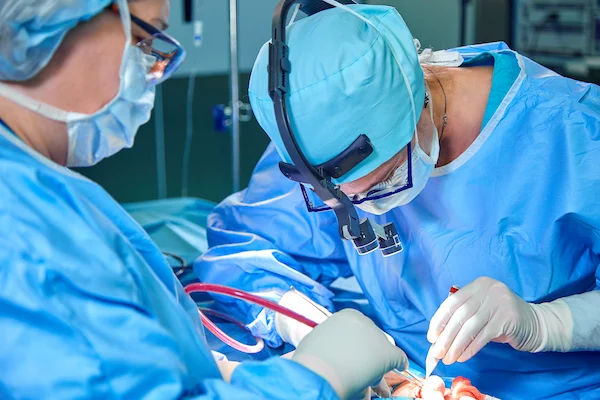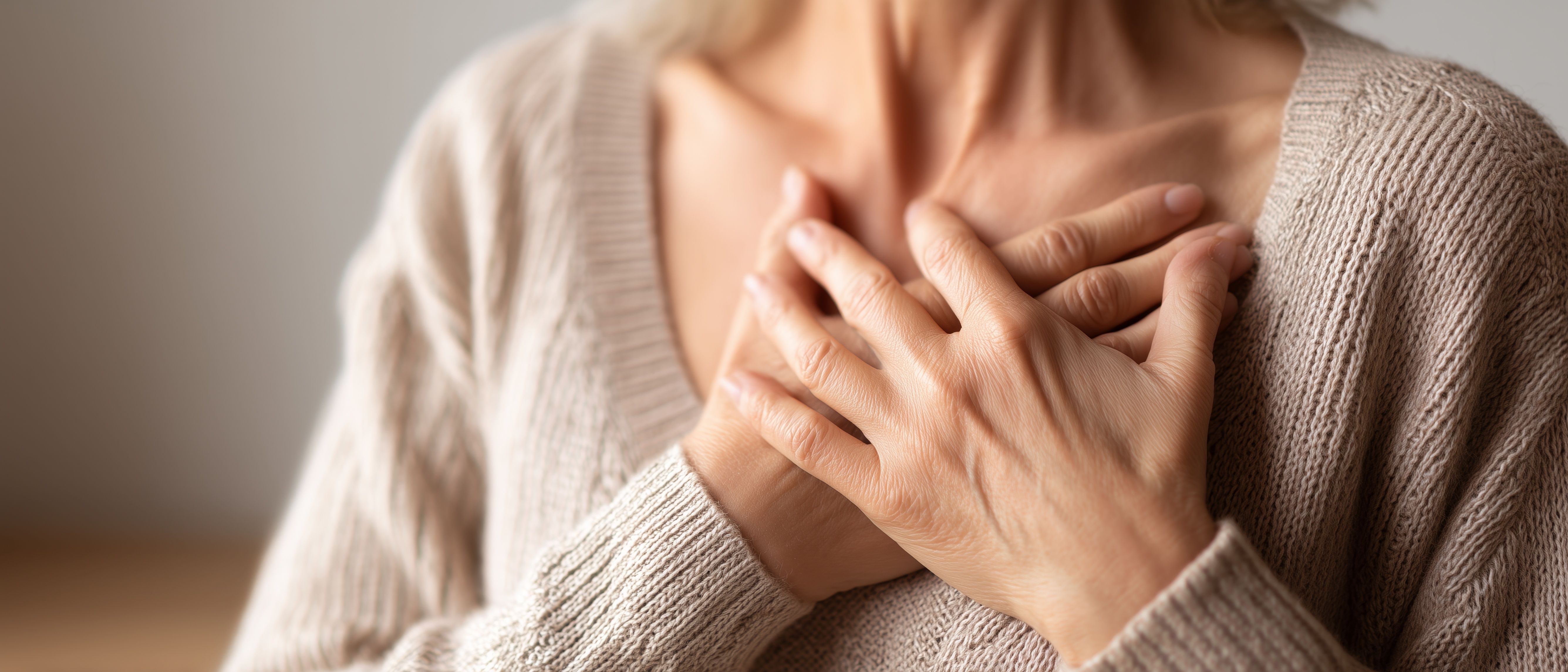- male
- 35 Years
- 07/02/2025
I've been having this quick, sharp pain on the left side of my chest whenever I put pressure on my left hand or lift something heavy. It's really strange because the pain just pops up out of nowhere, lasts only a few seconds, and then it's gone. Its been happening now and then for about 4 or 5 months, but it seems to be more frequent lately. Any idea what could be causing this? What should I do about it?
Answered by 1 Apollo Doctors
This type of chest pain that is triggered by certain movements or activities could be musculoskeletal in nature, such as costochondritis. It is an inflammation of the cartilage that connects a rib to the breastbone. To help relieve the pain and inflammation, you can take over-the-counter pain relievers such as ibuprofen (e.g., Advil) at a dose of 400mg to 800mg every 6 hours as needed with food. Additionally, applying a warm compress to the area may also provide some relief. However, it is important to consult with a healthcare professional for a proper evaluation and diagnosis.
Dr. Mubarak Suggests...
Consult a Cardiologist
Answered 04/07/2025
0
0

More Cardiology Health Queries
View allI've been smoking for the past four years and drink daily. Seven months ago, I had a stress echo, and it came back normal, even though my lipid levels, Lp(a), and triglycerides were high. Recently, I've been experiencing dizziness that comes and goes, heart palpitations, ringing in my ears, feeling my heartbeat in my ears, the sensation of my heart skipping a beat, and burping. Could these symptoms be related to a heart issue? I'm worried because of my lifestyle habits and these recurring symptoms.
"Based on your symptoms and risk factors such as smoking and daily drinking, it is important to further evaluate your heart health. The dizziness, heart palpitations, ringing in ears, feeling of skipping a beat, and burping could be related to your heart. I recommend you to consult a doctor for further evaluation and consider starting on a medication like Atorvastatin (10mg) for high lipid levels and Fenofibrate (145mg) for high TG levels to manage your cardiovascular risk factors."
Answered by 1 Apollo Doctors
I'm really concerned about my triglyceride levels, which are over 700 mgdL. Could you advise me on what foods I should be eating or avoiding? Also, do you know what kind of medication I should consider?
For high triglyceride levels, it is important to follow a healthy diet and lifestyle. You should focus on consuming foods that are low in saturated fats, trans fats, and cholesterol. Foods rich in omega-3 fatty acids, such as fatty fish (salmon, mackerel, sardines), flaxseeds, and walnuts, can help lower triglyceride levels. Increase your intake of fruits, vegetables, whole grains, and lean proteins. Avoid or limit intake of sugary foods and beverages, refined carbohydrates, alcohol, and saturated fats (found in red meat, butter, cheese). It is also important to maintain a healthy weight and engage in regular physical activity. As for medication, your doctor may prescribe statins such as Atorvastatin or Rosuvastatin to help lower your triglyceride levels. They may also consider prescribing fibrates such as Fenofibrate or Omega-3 fatty acid supplements to help manage your triglycerides. It is important to follow your doctor's advice closely and make the necessary lifestyle changes to improve your triglyceride levels.
Answered by 1 Apollo Doctors
I'm 19 and I've been feeling my heart skip a beat for a few seconds, along with a feeling of heaviness in my chest. My ECG and sinus rhythm came back normal, but I can't help but worry if this is something to be concerned about, especially since I have anxiety issues. What do you think?
These symptoms can be related to your anxiety issues. However, if you are experiencing skipped heartbeats and chest heaviness, it is important to rule out any underlying cardiac issues. Since your ECG and sinus rhythm are normal, you may benefit from medications like Propranolol (Inderal) to help with the physical symptoms of anxiety. The usual dosage for Propranolol is 20-40mg taken orally 2-3 times a day. Additionally, practicing relaxation techniques and seeking therapy for your anxiety may also be beneficial.
Answered by 1 Apollo Doctors
Disclaimer: Answers on Apollo 247 are not intended to replace your doctor advice. Always seek help of a professional doctor in case of an medical emergency or ailment.



 Purpose, Procedure, and Results.webp)

